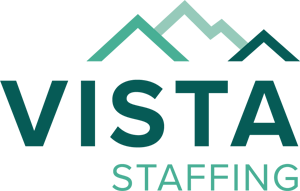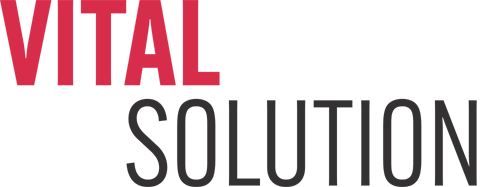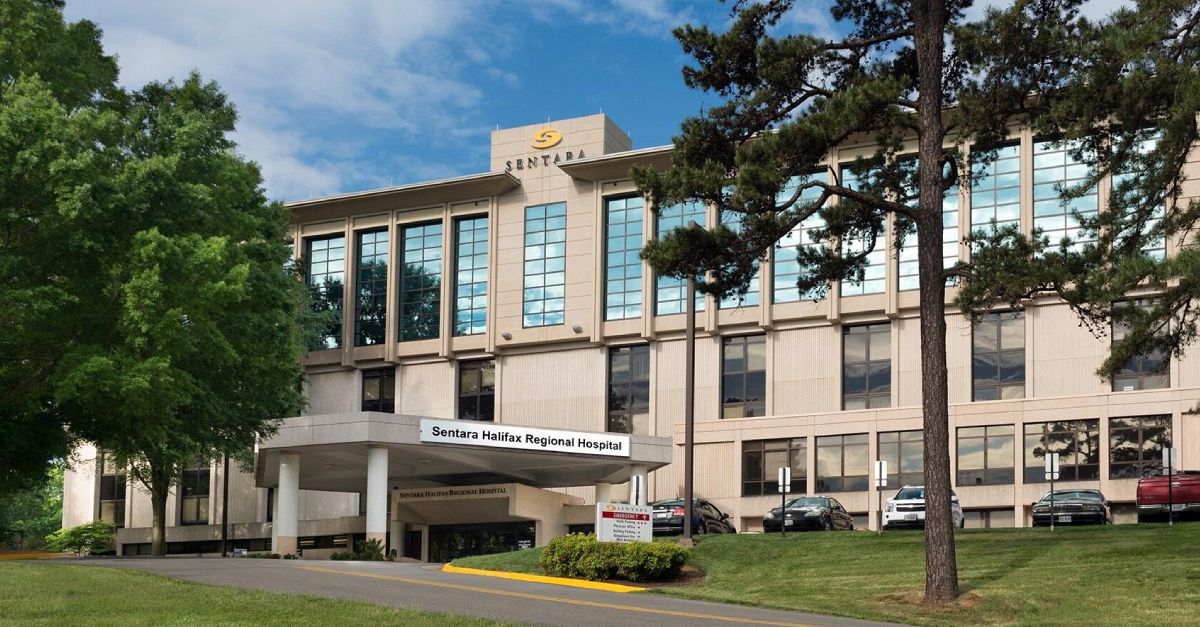
The Importance of Networking for Interventional Cardiologists: Tips to Boost Your Career
You’ve made it through med school, residency, fellowship, and that first job. But it’s still important to continue professional networking to keep your career strong. As a busy interventional cardiologist, you can default to being heads down with your cath lab team most days, and that can lead to career tunnel vision. Instead, you should consider adding new ideas and professional relationships to your day-to-day experiences. The supercharge to your career can come quickly, and all it takes is a little networking.
Networking Tip 1: Attend professional conferences
One way to network easily is to attend conferences and events that focus on interventional cardiology and related fields. Conferences are typically held all around the world, so finding one that isn’t hard to get to isn’t too complicated. Your hospital may even have a budget for its professionals to attend them. Since conferences are built around networking, they can help you stay up to date on the latest trends and connect with other professionals through small group presentations and social events. Some examples include the Transcatheter Cardiovascular Therapeutics (TCT) conference and the Vascular InterVentional Advances (VIVA) conference.
We talked to Dr. Jasdeep Dalawari, MD FACC FSCAI, about his past conference experiences.
“I have attended ACC, SCAI, and VIVA – where I enjoyed the lectures and the networking,” Dalawari said. “What I really enjoyed is the educational information to stay updated and the anecdotes from other interventional doctors.”
Another relevant conference is the upcoming Society for Cardiovascular Angiography and Interventions, also known as the SCAI 2025 meeting taking place May 1-3 in Washington, D.C. If you attend, make sure to visit the VitalSolution booth on the exhibitor floor.
Networking Tip 2: Join professional organizations
Professional groups can be a great way to stay in touch with others in your field and receive regular communications about scientific advances that could prove useful. Join professional organizations and associations that are specific to interventional cardiology, such as the Society for Cardiovascular Angiography and Interventions (SCAI), and the American College of Cardiology (ACC). You can add your memberships to your resume and CV, and on professional online networks, such as LinkedIn.
Networking Tip 3: Network via social media
Yes, you can use social media for more than just killing time. Platforms such as Twitter and LinkedIn can connect you with other interventional cardiologists and healthcare professionals. Try networking by searching for others who share similar educational backgrounds, such as via your med school alumni groups, nearby hospitals with successful cath labs, or by connecting with speakers and presenters at conferences and meetings you attend. Some places to start your search include:
- TCTMD: https://www.linkedin.com/groups/123406/
- The Doctor’s Networking Club, SoMeDocs: https://somedocs.com/
- Connect with CardioSolution:
Networking Tip 4: Collaborate with other doctors on research projects or publications.
It’s important to keep up on the latest developments in your field, but you can also be a part of the cutting edge by researching and publishing new concepts. You may be able to improve your daily methods, discover efficiencies or methods that lead to better results, or simply write about how well your team works together. Medical journals could be one outlet, but you can also reach out to colleagues to collaborate on more consumer-focused publications that your hospital produces, like newsletters or blogs. Take a look at this piece for nine ideas to get your creative thoughts flowing.
If you want some inspiration, check out recent publications in the SCAI or ACC journals. Or browse Cath Lab Digest for less academic pieces that still relate to issues and innovations in the cath lab.
Networking Tip 5: Explore possible speaking engagements
Speaking engagements can be formal, such as at industry conferences, or informal, like local events with the hospital or even a classroom career day at a college or high school nearby. Inspiring young people to open up their career paths can be a rewarding and beneficial result of giving just a little bit of your time. You can also check out Physician Side Gigs for some ideas on how to find speaking engagements. Or you can talk to your hospital’s marketing team. They may be able to brainstorm great ideas for possible opportunities that benefit both your career growth and the hospital’s public relations plan.
Networking helps build careers and improve services
When you build relationships with other healthcare providers, they can refer patients to each other. Keeping up professional relationships can help you both expand your patient base and increase revenue. For example, a primary care physician that you have a good relationship with might refer patients to you that need to talk about their heart health.
Collaborative care also yields better patient outcomes, leading to increased patient satisfaction and loyalty and consequently increased revenue for the providers involved. Making sure that patients don’t put off something that could cause them irreparable harm, and save their life, is the best reward for a little professional networking. The more public-facing your job is, the more demystified it becomes. And when patients understand that you’re there to help them live longer healthier lives, everybody wins.
 company
company 
 (866) 755-7519
(866) 755-7519











